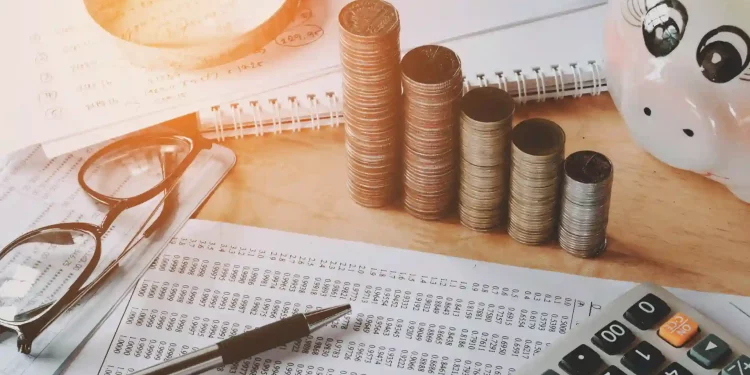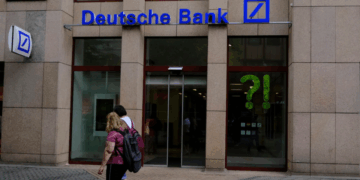Stagflation is an economic situation introduced by a blend of slow economic growth, with rising prices and high unemployment.
The heightening destruction from the pandemic and the Russian invasion to Ukraine has increased the slowdown in the global economy, which is now going through a prolonged period of feeble progress and greater price increases, The World Bank’s Global Economic Prospects statement stated. With unfavourable outcomes for middle- and low-income groups alike increasing the probability of stagflation.
Since of the destruction from the pandemic and the state of the Russian war, the level of per capita income in developing economies in 2022 will be just about 5 percent below its pre-pandemic curve. The supply-chain disorders, the conflict in Russia and Ukraine, lockdowns in China, and the risk of stagflation are hammering growth of the financial system. The World Bank Group President, David R. Malpass said that the recession would be challenging to avert for many countries.
Global progression of the economy is expected to decline from 5.7% in the previous year to 2.9 percent in the ongoing year which is substantially lesser than 4.1% as estimated in January this year. It is anticipated to float between 2023-2024, as the war in Ukraine dislocates activity, trade, and investment in the coming years. The fiscal and monetary policy space would be revoked, and pent-up demand would diminish in the near term.
Stagflation of the 1970s
The recuperation from the stagflation of the 1970s involved excessive rises in interest rates in key advanced countries. With a definite significance on how stagflation could affect emerging market and developing financial system, the Global Economic Prospects report shows the first systematic assessment of how current global economic conditions compare with the stagflation of the 1970s.
The recent phase carries a resemblance to the 1970s in three key segments:
- persistent supply-side disruptions stimulating inflation,
- pave the way by a prolonged period of highly accommodative monetary policy in key advanced economies,
- possibilities for undermining growth, and vulnerabilities that emerging market and developing economies face with reverence to the monetary policy tightening that will be required to rein in inflation.
The on-going actuality differs from the 1970s in multiple dimensions:
- the percentage upsurges in commodity prices are reduced,
- the dollar is strong – a strident difference with its severe weakness in the 1970s
- the balance sheets of major financial institutions are generally robust.
Unlike to the 1970s, the central banks in several countries, now have clear mandates for price stability and have created a credible track record of accomplishing their inflation objectives.
Global inflation is projected to diminish next year, but it will tend to remain greater than inflation levels in several developing and emerging countries. If inflation remains above average, a reiteration of the previous stagflation period could transform into a robust global recession along with financial crises in several emerging and developing economies, the report stated.
Inflation in advanced economies is expected to severely slow down from 5.1% in the previous year to 2.6% in the ongoing year, 1.2 percentage lower projections in January 2022. Increase is projected to further moderate to 2.2 percent in 2023, primarily indicative of the more unravelling of the fiscal and monetary policy support offered during the Covid- 19 pandemic.
Growth in several emerging and developing economies is expected to drop from 6.6 percent in the previous year to 3.4 percent in the ongoing year which is lower than the annual average of 4.8 percent between 2011-2019.
The report also emphasizes the prerequisite for national policy action and decisive global to avert the most unpleasant outcomes of the war in Ukraine for the global economy. This would involve global efforts to reduce the effect caused to those affected by the war, to speed up debt aid, lessen the blow from surging oil and food costs and to spread out vaccinations in modest-income countries.
The Russia-Ukraine war has led to a rise in prices across the energy-related services. Notably in energy-importing countries, elevated energy prices has led to low down in income levels, raise production costs, tighten financial conditions, and hinder macroeconomic policy.
Furthermore, representatives ought to abstain from distortionary policies such as financial backing, price mechanisms, and export bans, which could aggravate the surge in commodity prices.

















